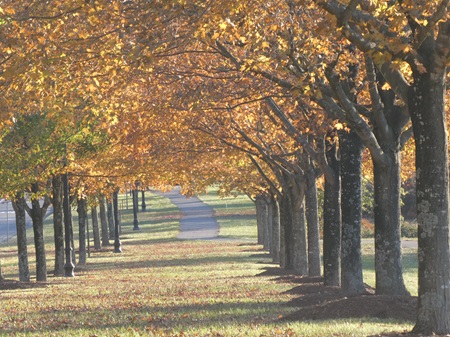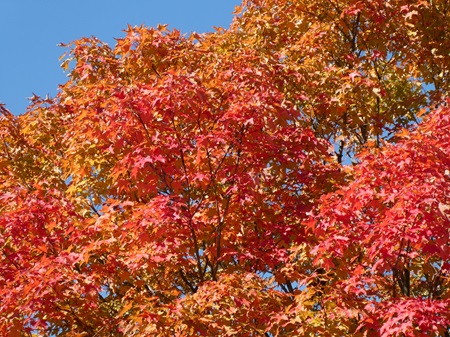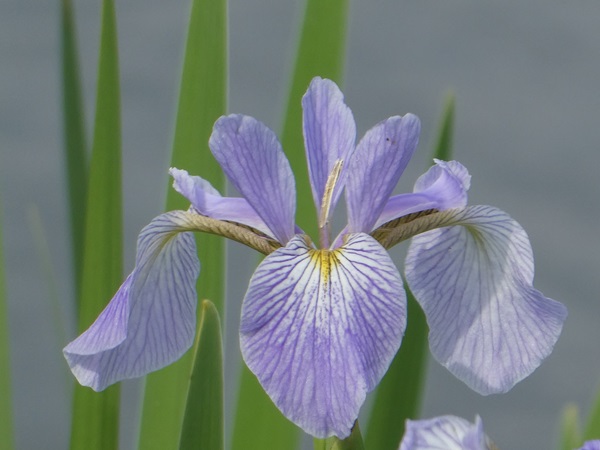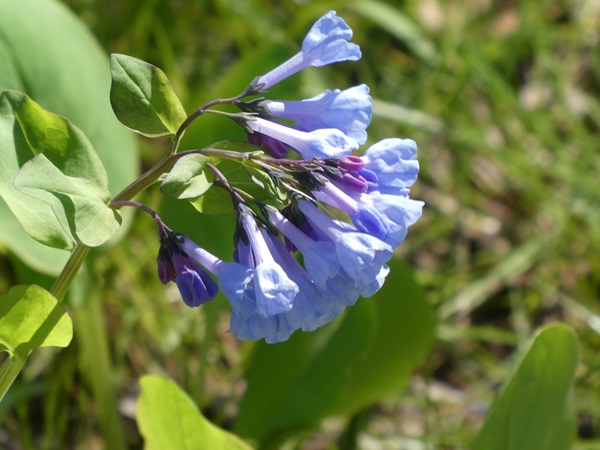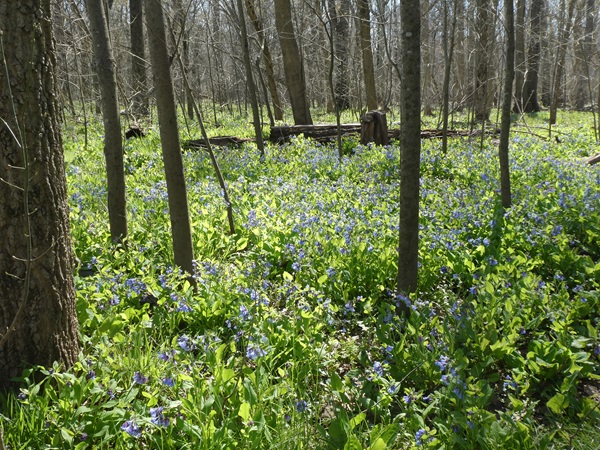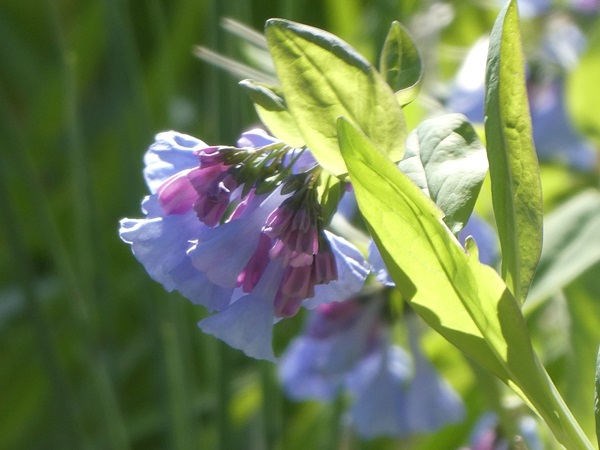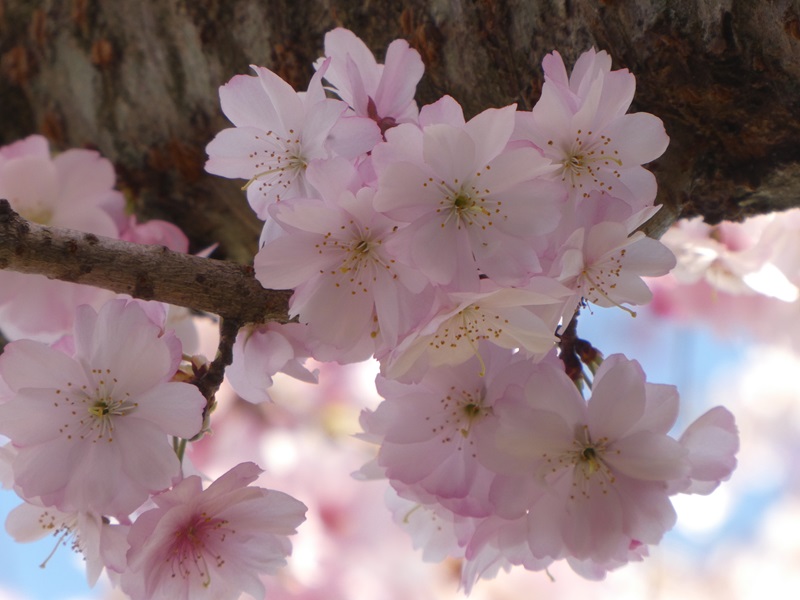It’s Time for a Lament.
I’ve written an as-yet-unpublished book on Psalms, Praying with the Psalmists, about the different types of Psalms and how we can use them as patterns for our own prayer. It might sound odd, but one of my favorite forms is the Lament. It’s also the most common form, and Laments show that we can bring all of our troubles to God, that we don’t have to always put on a happy face when we come before God. But also, the form of a Lament reminds us that we can trust God.
And I’m not going to let the name of the current president appear in this blog, but gracious – how much havoc he has caused in the first weeks of his second time in office. I live in northern Virginia, where a large percentage of the population is federal workers, and anxiety fills the air here. My small group and I tried to make a list of things to pray about, to try to be less overwhelmed, and even that was supremely difficult and gets added to every day.
So – I tried to be more general and come up with five general things to pray about daily, so I can tick them off on my fingers. Here’s what I came up with:
1) For people who have been and are being harmed by these actions, that this harm will be quickly mitigated.
This includes federal workers being fired, and others trying to work with smaller staff.
It includes transgender people losing civil rights and access to medication.
It includes families of those killed in the plane crashes after FAA personnel were fired.
It includes people being imprisoned in concentration camps because they tried to come here for refuge.
2) For forces of good that have been stopped, that the good will quickly start up again.
This includes everyone across the world helped by USAID.
It includes everyone helped by the Department of Education.
It includes everyone helped by the Consumer Protection Board.
It includes everyone who uses Medicaid.
It includes funding for cancer research, and so many other programs and research I don’t know about.
3) For the Constitution and the rule of law to be upheld.
Yes, we’re in a Constitutional crisis. It’s clearly illegal to fire Inspectors General without giving notice to Congress. Judges have already ruled against the administration in more than one case, and they’re talking about ignoring the judges. If they get away with that, they are ignoring the Constitution and grabbing the power of a dictator. I don’t want to live in a dictatorship.
This includes prayer for our elected officials, that they will do everything in their own power to uphold the Constitution.
4) For protection from further harm.
Firing air traffic controllers and replacing people with AI? What could go wrong? Refusing to allow the CDC to put out information when Avian flu is mutating? Allowing a rogue foreigner and an agency not approved by Congress to access all our personal data with access to Treasury computers? Talking about eliminating Social Security and Medicare? Talking about attacking other countries based on whims? Building prison camps in El Salvador? There’s so much, it’s hard to know what to worry about next. Please protect us all, Lord!
5) For evil actions to come to light.
The administration has their own propaganda department, courtesy of right-wing “news” sources. And they are practiced in casting blame – trying to blame the recent plane crashes on Diversity, Equity, and Inclusion, with absolutely no evidence, for example. The rogue department that’s decimating the rest of the government has been avoiding any transparency. May that not stand. May the truth come out. May what is whispered in the dark be spoken in the daylight.
So – those are what I want to pray about. Now I’m going to write a short lament to do so – but consider all the listing above to be part of the lament.
Here are the parts of a lament:
A – Address to God
C – Complaint
C – Confession of Trust
E – Entreaty
S – Sureness of Help
S – Subsequent Praise
A Lament for a Time of Chaos
Help us, Lord!
We come before you asking that you hear our prayers.
Hear our prayer;
listen to our cry.
Lord, so many people are being harmed
by this administration’s callous actions.
Folks are illegally losing their jobs;
others are losing their civil rights.
And people who believed they could better their lives in America
are being imprisoned without recourse.
And Father, I didn’t realize how much good our country did
until it got stopped.
Fill in the gaps of helping cancer research
disease prevention
mitigating poverty
Alzheimer’s research
and so much more.
Help those who rely on Medicaid,
who need student loans,
who rely on grants for funding
to get by while it’s paused.
Lord, wicked men are ignoring our laws,
they’re blatantly breaking laws specifically written to keep this country a democracy.
They’re flaunting their power
and saying, “Who can stop us?”
Lord, we know that you do see.
We believe that you do have power.
And I’m sorry that my trust
sounds so feeble right about now.
Will you indeed act?
Arise, O Lord!
Do not forget the marginalized.
Let the wicked fall into the pit they’ve dug.
Let their feet be caught in the net they have hidden.
May all their wickedness come to light.
May their power grabs be their downfall.
And please, protect your children
from further harm.
Show us how to resist.
Cut through the chaos and guide us
what to do to help preserve our republic.
Lord God, I do believe that the arc of the universe
bends toward justice.
Please speed up that bending!
Let this setback to justice, mercy, and truth be short.
And when it all comes crashing down for these wicked people,
our hearts will be light
and there will be rejoicing in the streets.
May that day come soon, Lord God!
***
Okay, that’s what I came up with on the spot. I will be praying my five prayer requests daily for the forseeable future. May the Lord have mercy on us.




